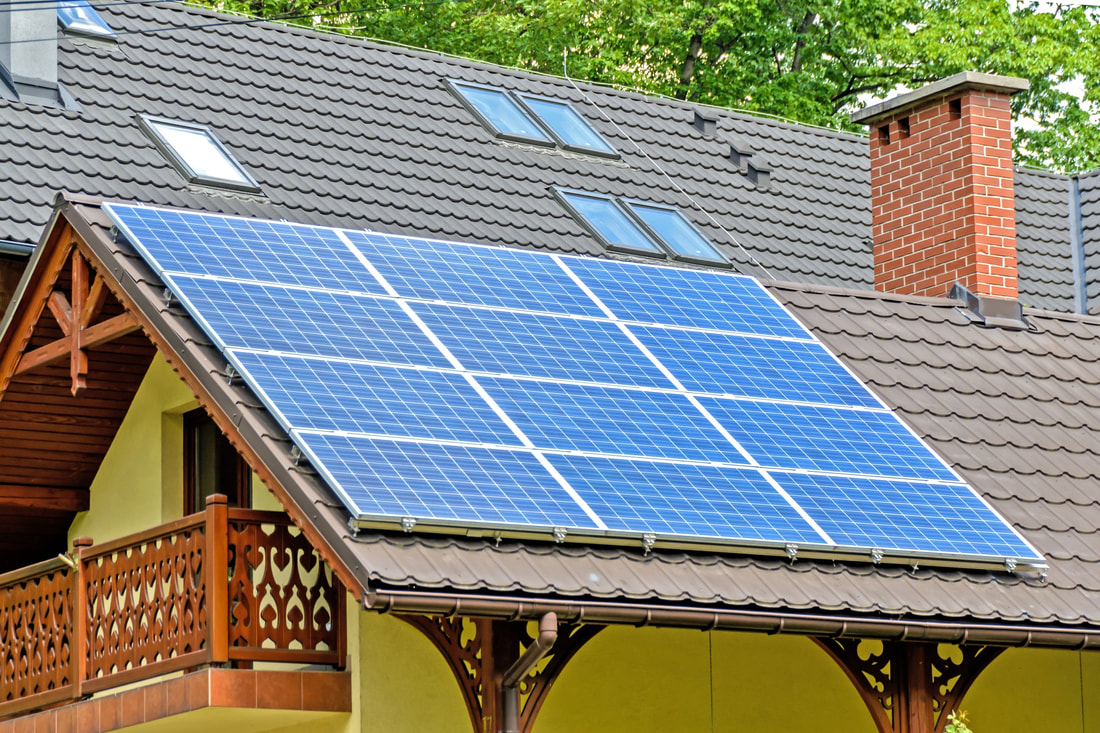 More people are installing residential solar power systems for their homes to reduce their long-term energy costs and reduce their carbon footprint. According to a recent SEIA report, residential solar capacity reached a record high in Q3 2021 and growth is expected to continue in the years to come. This growth is due to the increasing efficiency and low cost of the latest solar power systems. Click for details about the solar panel systems. A solar panel system is designed to collect energy from the sun and store it in batteries. This allows the system to be used at any time of day. This is especially helpful when the panels are not producing enough power. It also provides continuous power during power outages on the grid. The energy storage system is an optional addition to the solar panel system. When selecting a solar panel system, you need to consider several factors to ensure it will be efficient and safe. First, determine how much energy your home needs. Then, consider the type of battery you need. A simple charge controller uses a shunt resistor and relay to disconnect the solar panel from the battery when the battery voltage reaches a certain threshold. In some cases, a 3-stage charge controller uses pulse-width modulation (PWM) to control voltage. All the information you need concerning this product is linked here. Solar power systems are not cheap. A three kilowatt-hour (kWh) household system running at a capacity factor of 15% is expected to produce 3,942 kWh of electricity per year, which is equivalent to roughly one-third of the average U.S. household's energy needs for a year. Although a solar panel system will produce electricity when the sun shines, the efficiency of its output will decrease during cloudy days. Cloudy days can reduce the efficiency of solar panels by as much as 10%. This makes solar power an excellent choice even in locations that are often cloudy or very cold. For example, cities such as San Francisco and Seattle are known for having unpredictable weather. The main component of a solar panel system is a silicon photovoltaic cell. When sunlight strikes the solar cells, it translates this energy into direct current electricity. A number of factors affect the amount of electricity a solar panel system can generate, but the most accurate way to measure how much it can produce is by checking its efficiency rating. The higher the efficiency rating, the more energy it can produce. The number of solar panels you need will depend on your energy needs. Solar panels that can cover one/20th of your household's energy needs are sufficient for many homes. The number of panels you need depends on factors such as the amount of solar energy available in your area, the size of your roof, and the wattage of the panels. Once you have chosen a company and chosen the products you want, the company will design a system tailored to your home's needs. The installer will take care of everything from roof tile installation to connecting the wiring to your home's power system. After that, the solar panel system is installed on your home. It is important to remember that the installation of solar panels will only take place after you have received all necessary permits. To get more enlightened about this article, click here: https://www.huffpost.com/entry/4-things-to-know-before-y_b_7744590.
1 Comment
7/20/2023 06:11:01 am
I've been considering switching to solar power for a while now, and your blog post provided excellent insights into the benefits of solar electric systems. It's great to see how much money can be saved on energy bills in the long run, not to mention the positive impact on the environment. I'm even more motivated to make the switch now. Thanks for the informative article
Reply
Leave a Reply. |
AuthorWrite something about yourself. No need to be fancy, just an overview. ArchivesCategories |
 RSS Feed
RSS Feed
